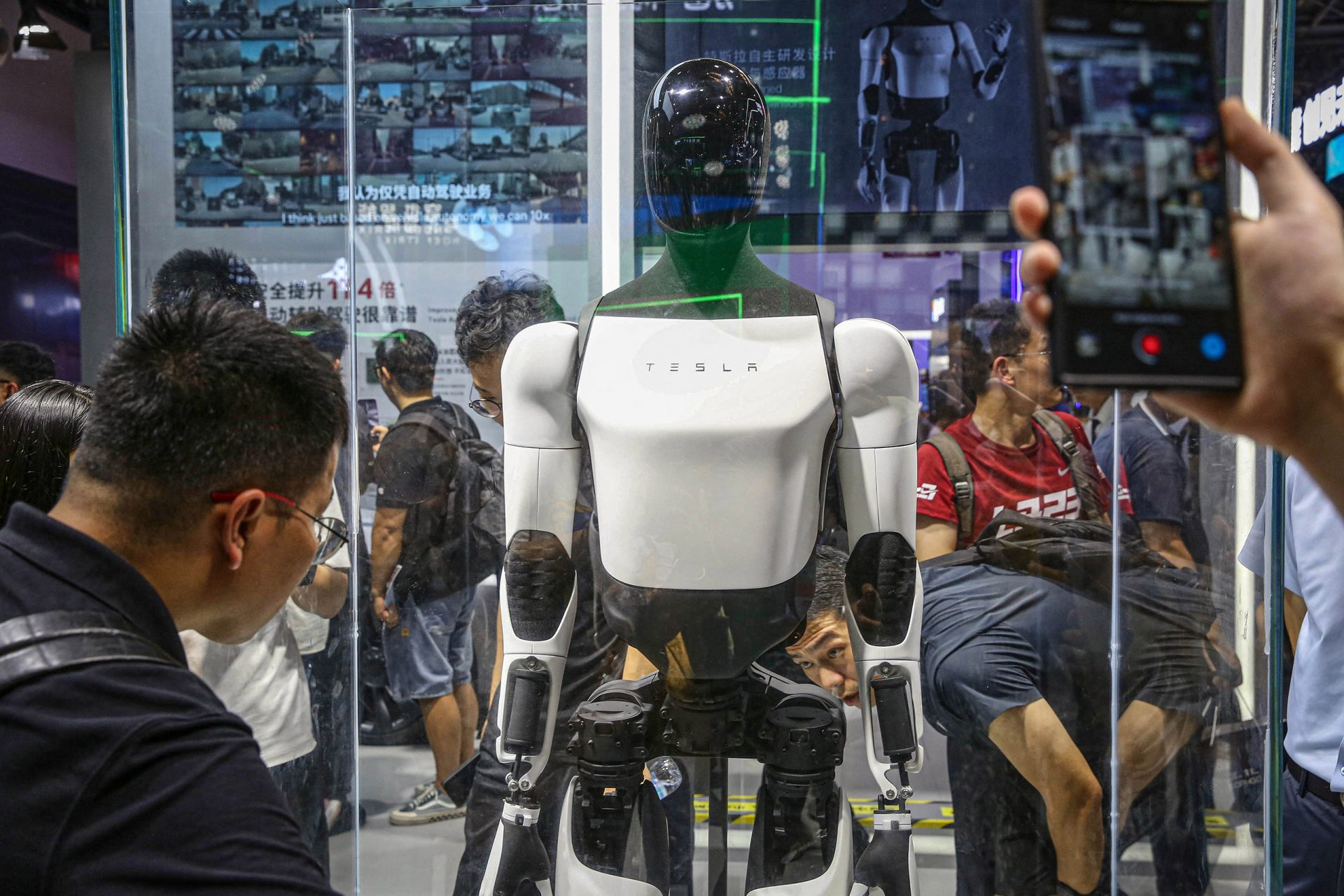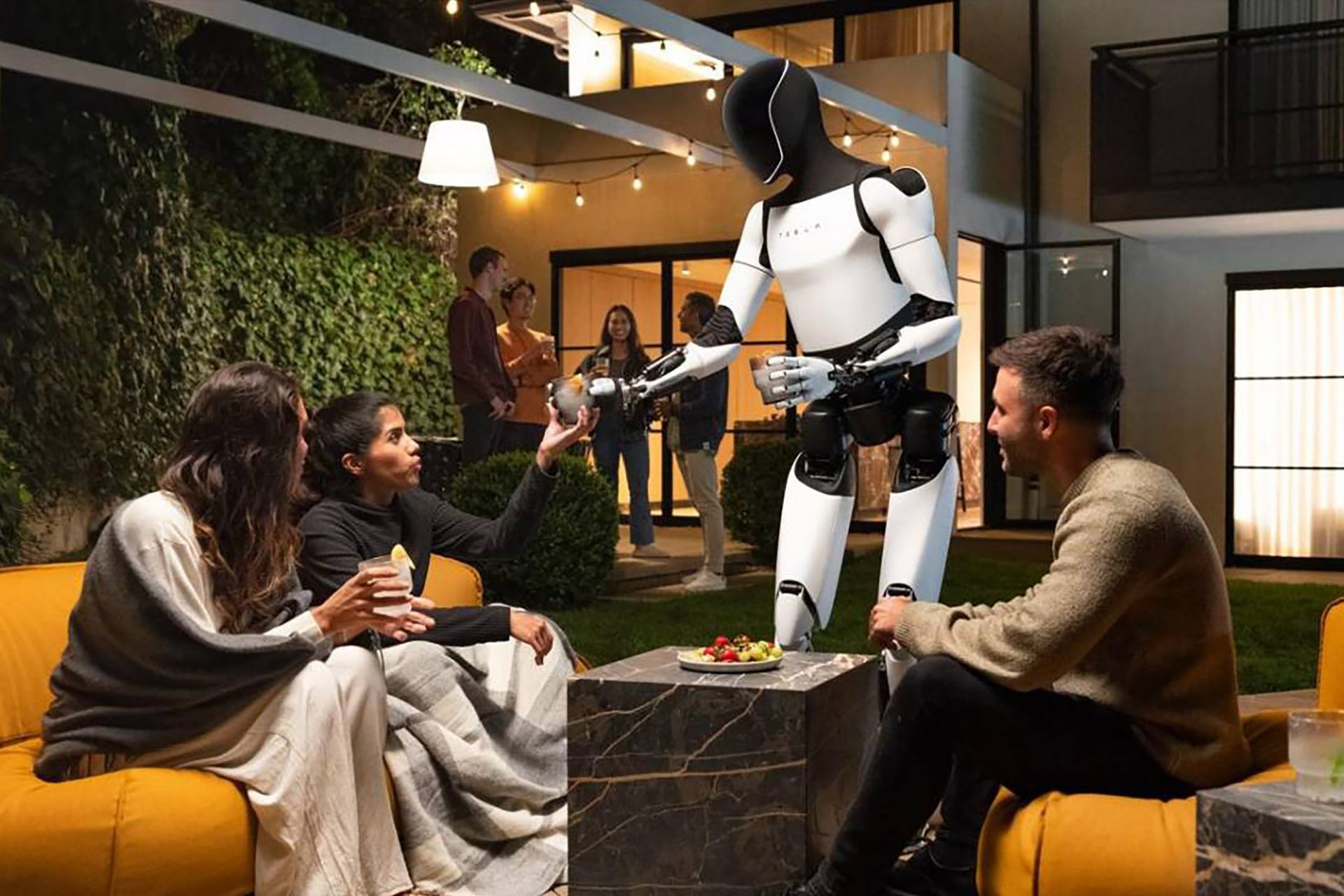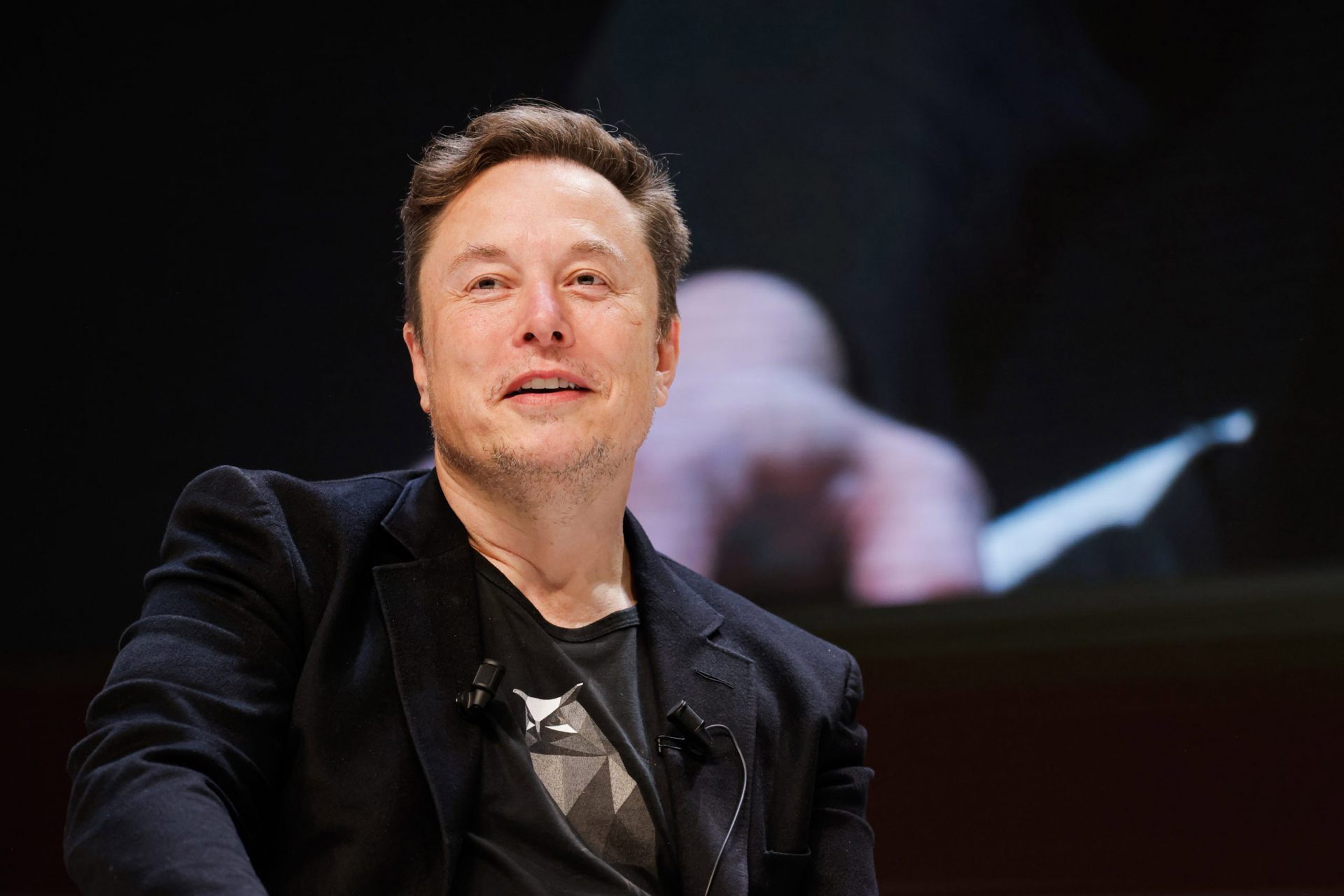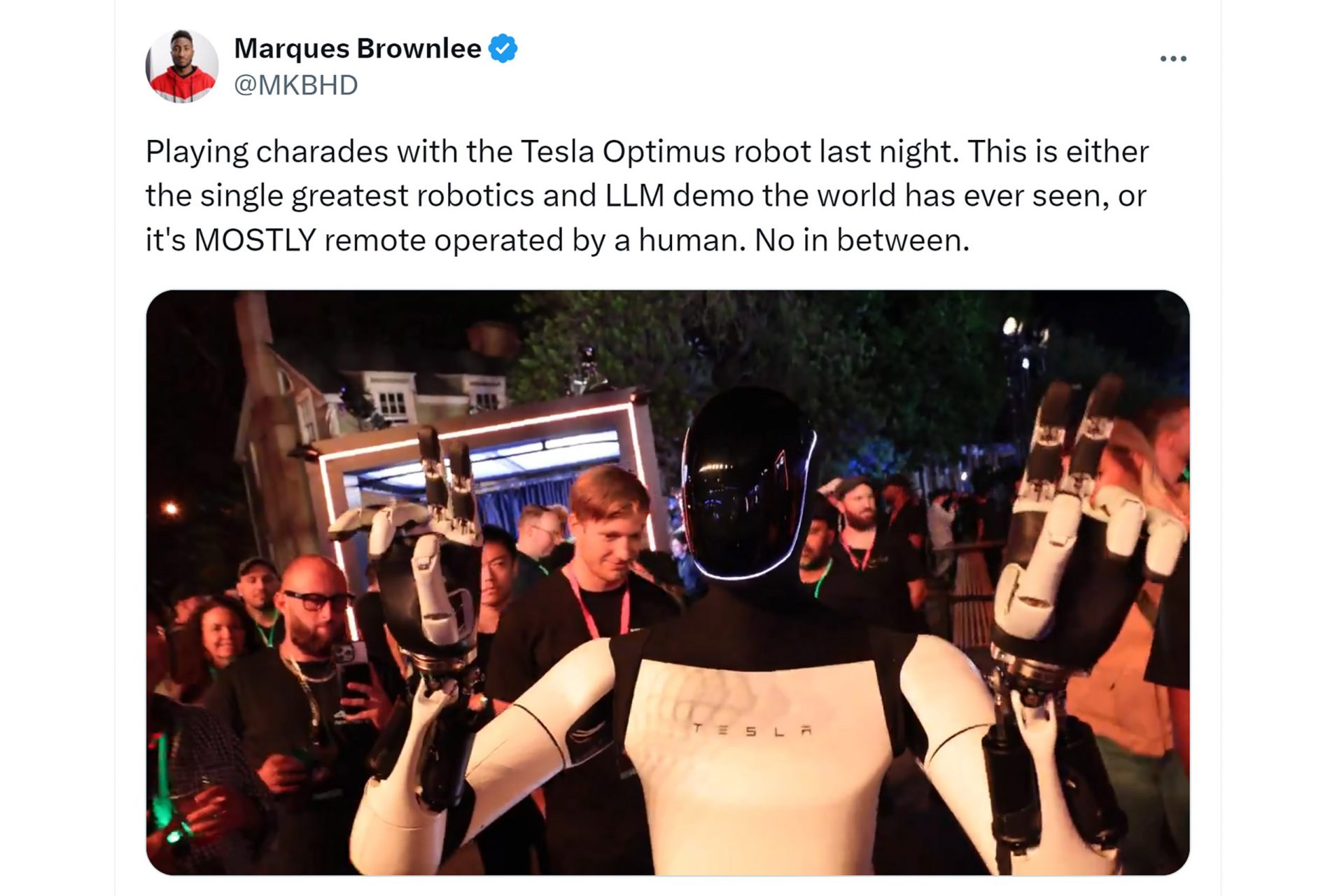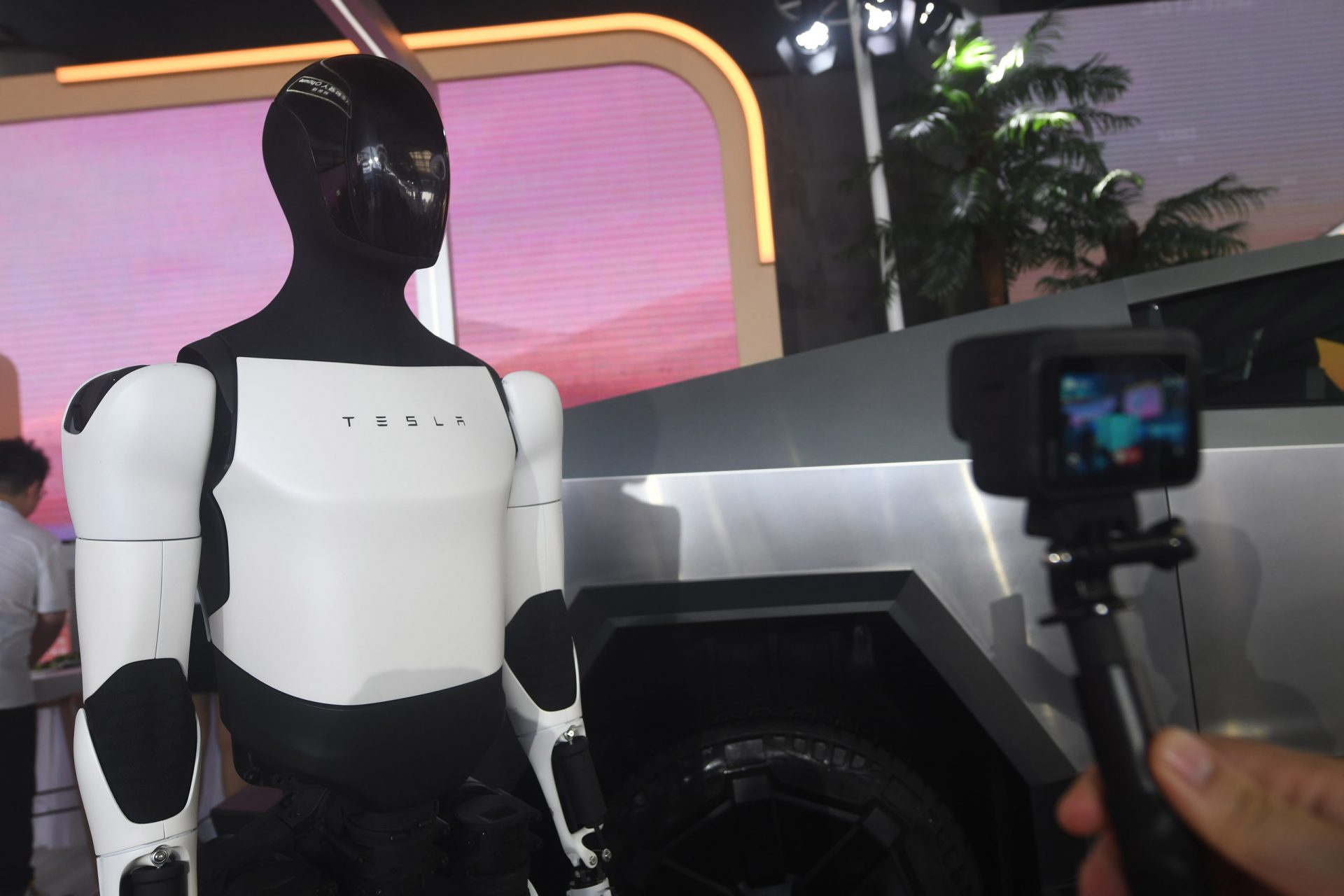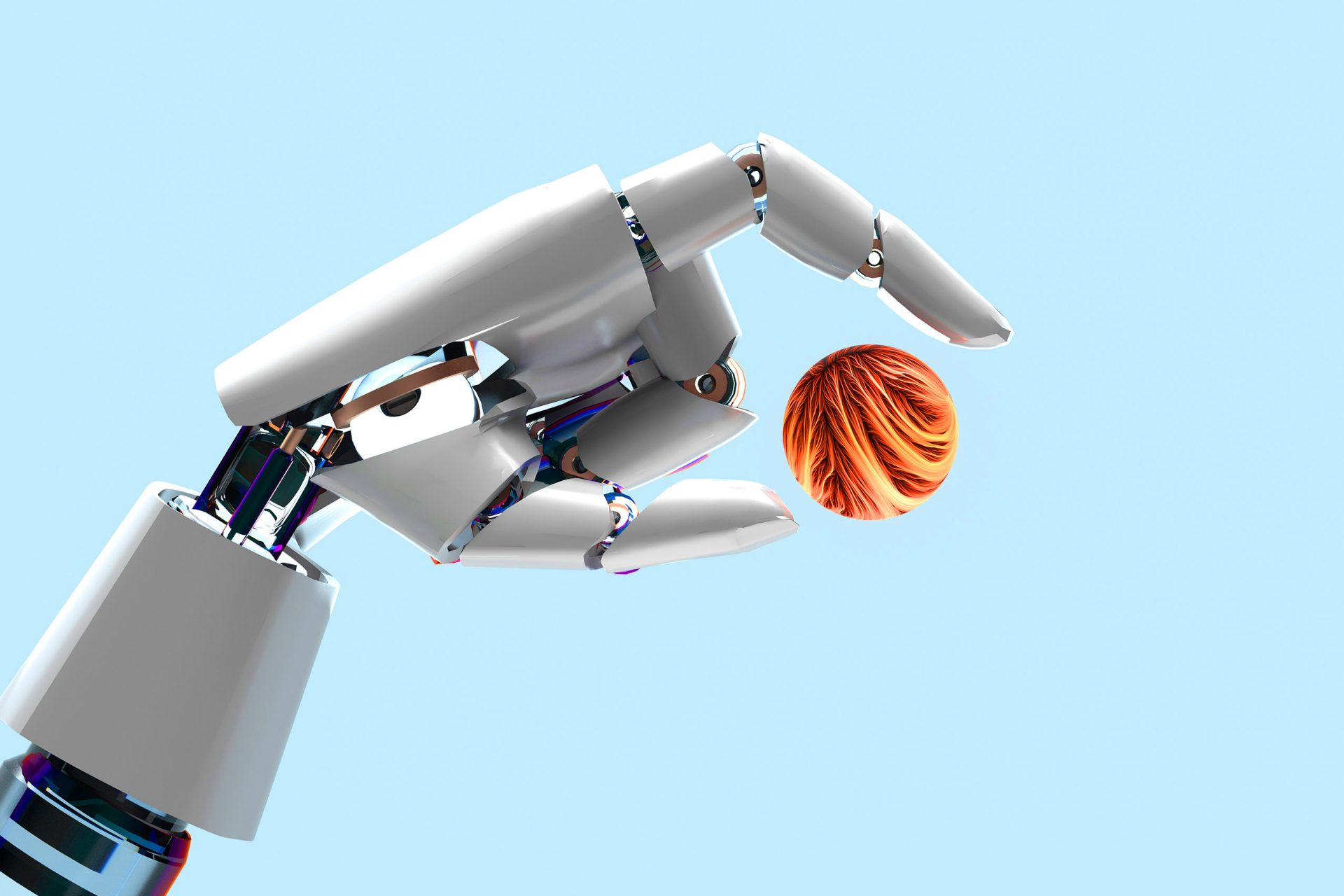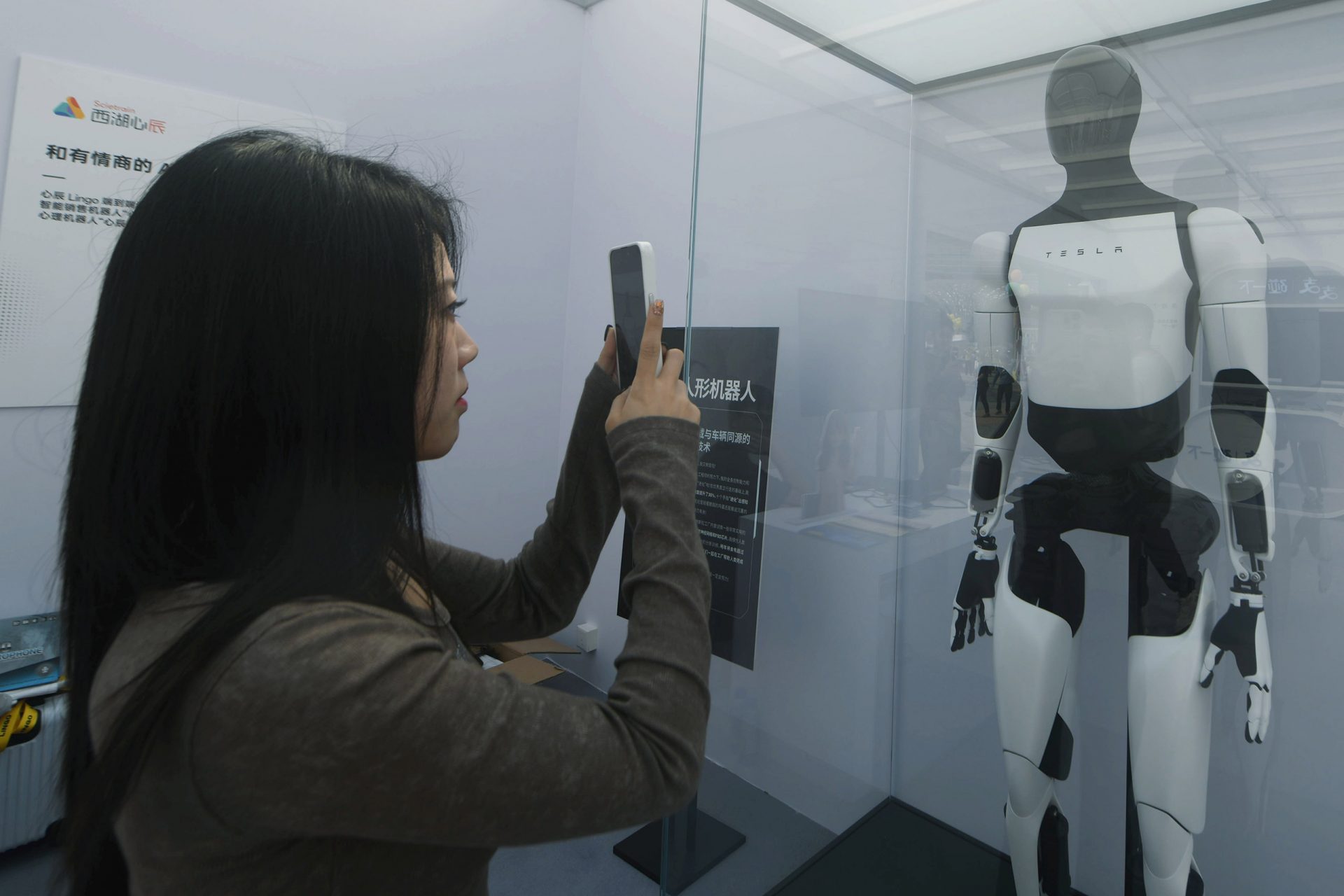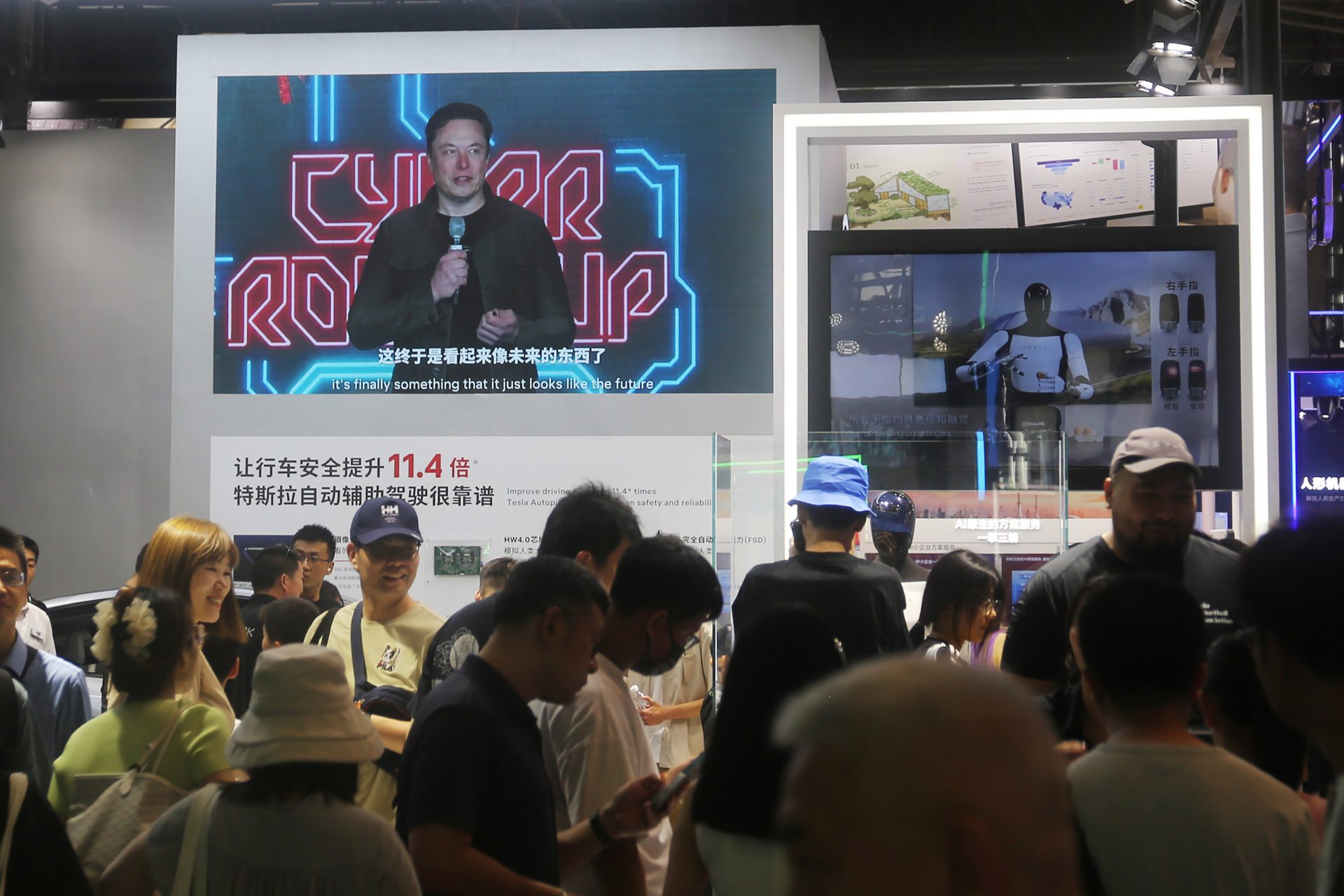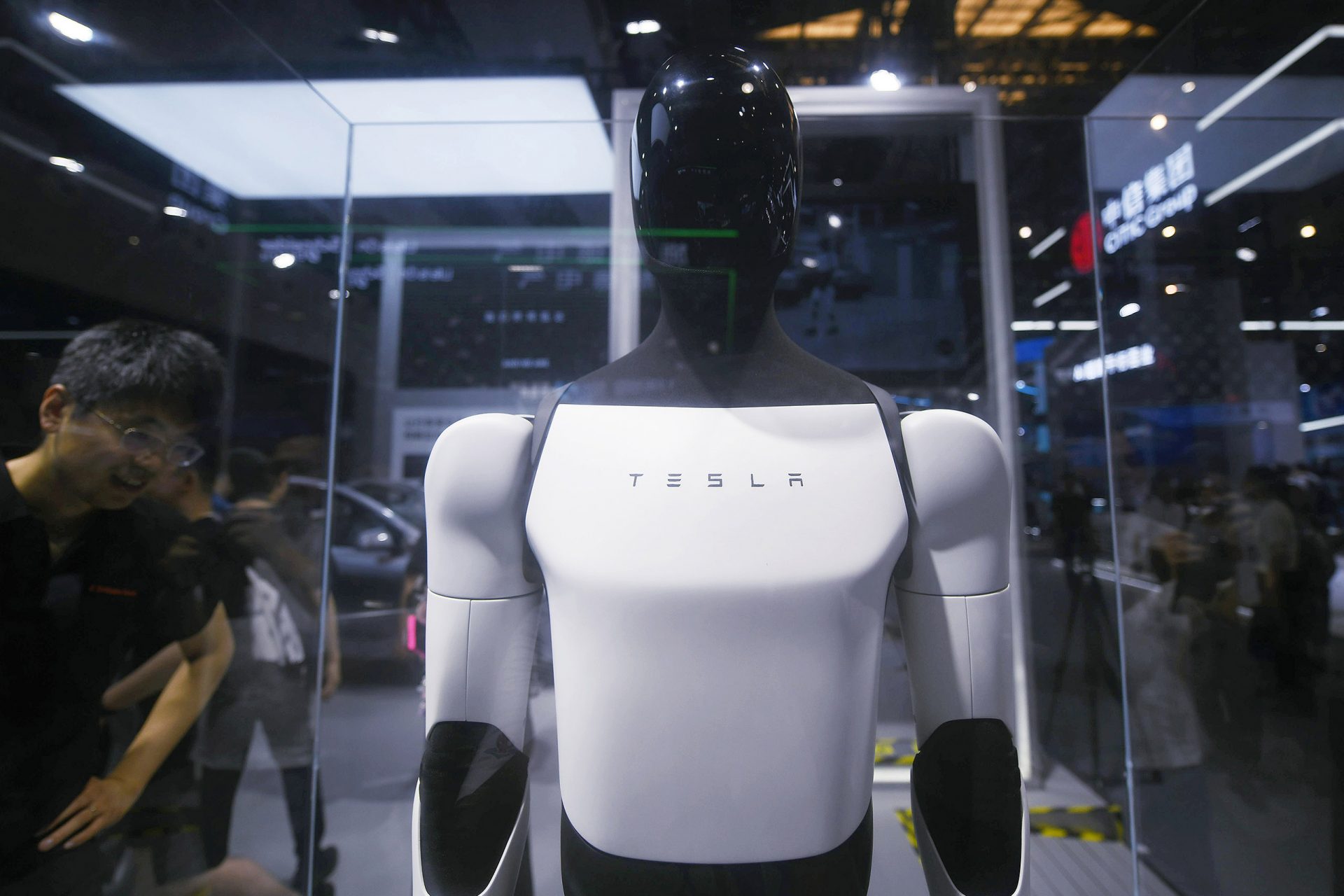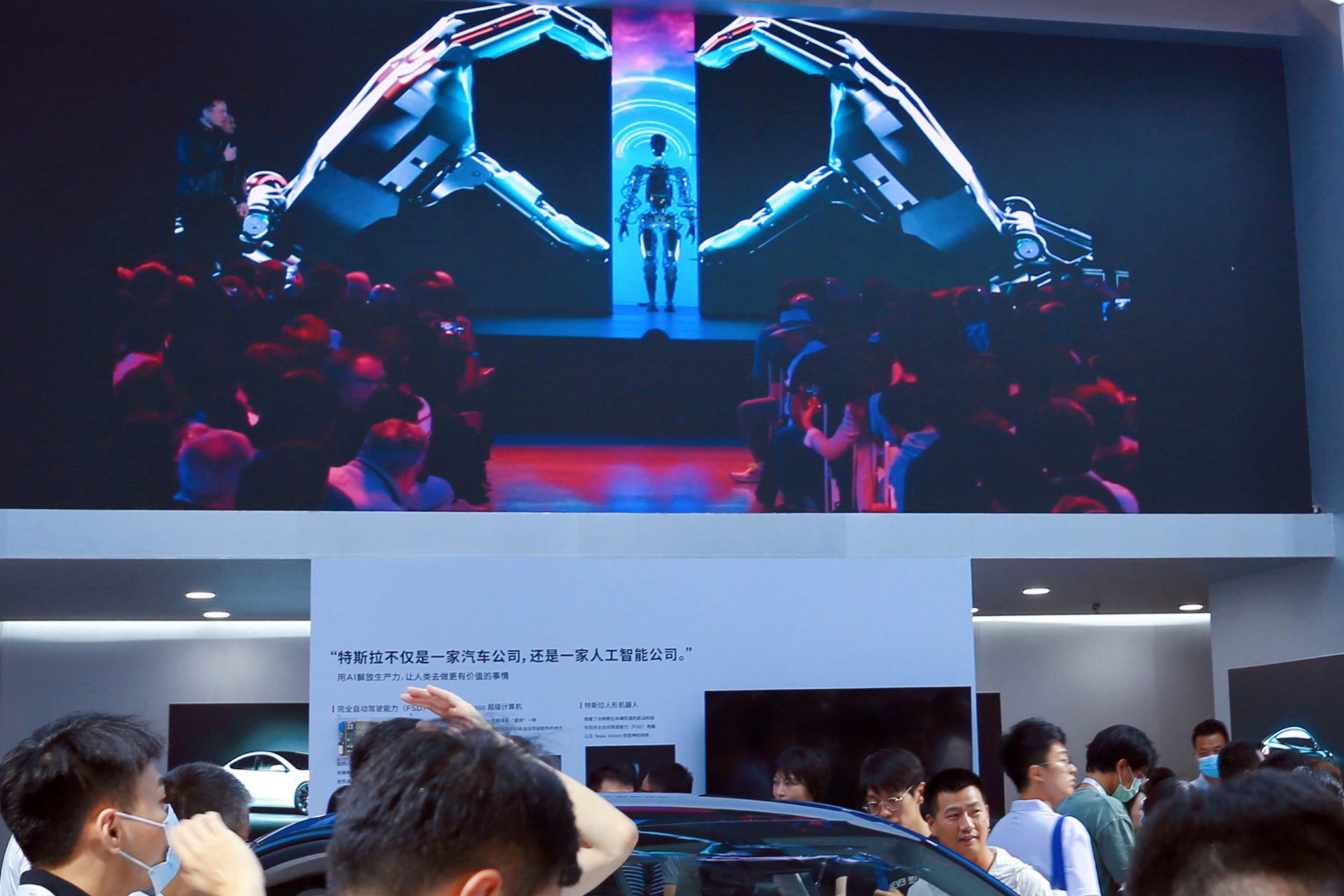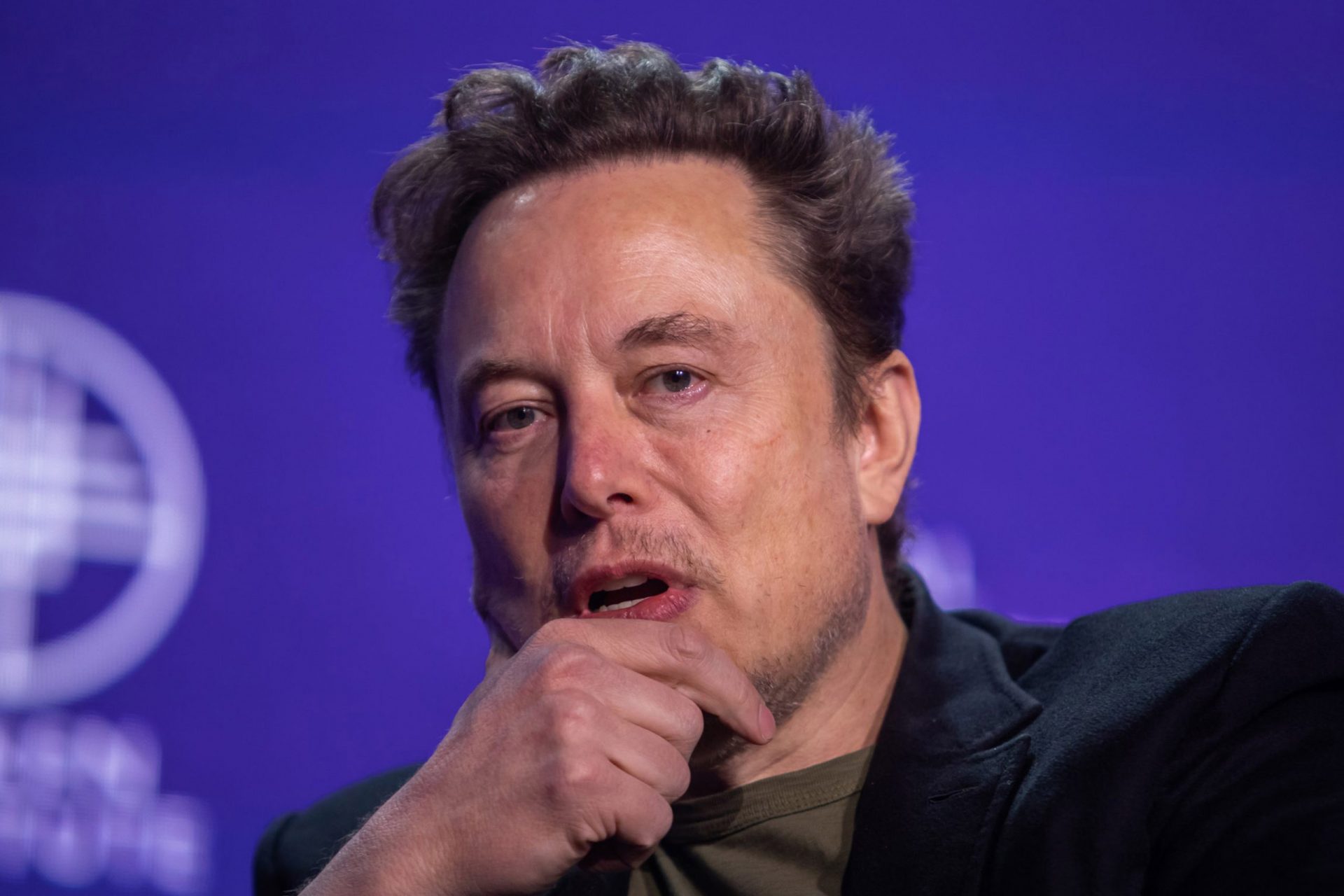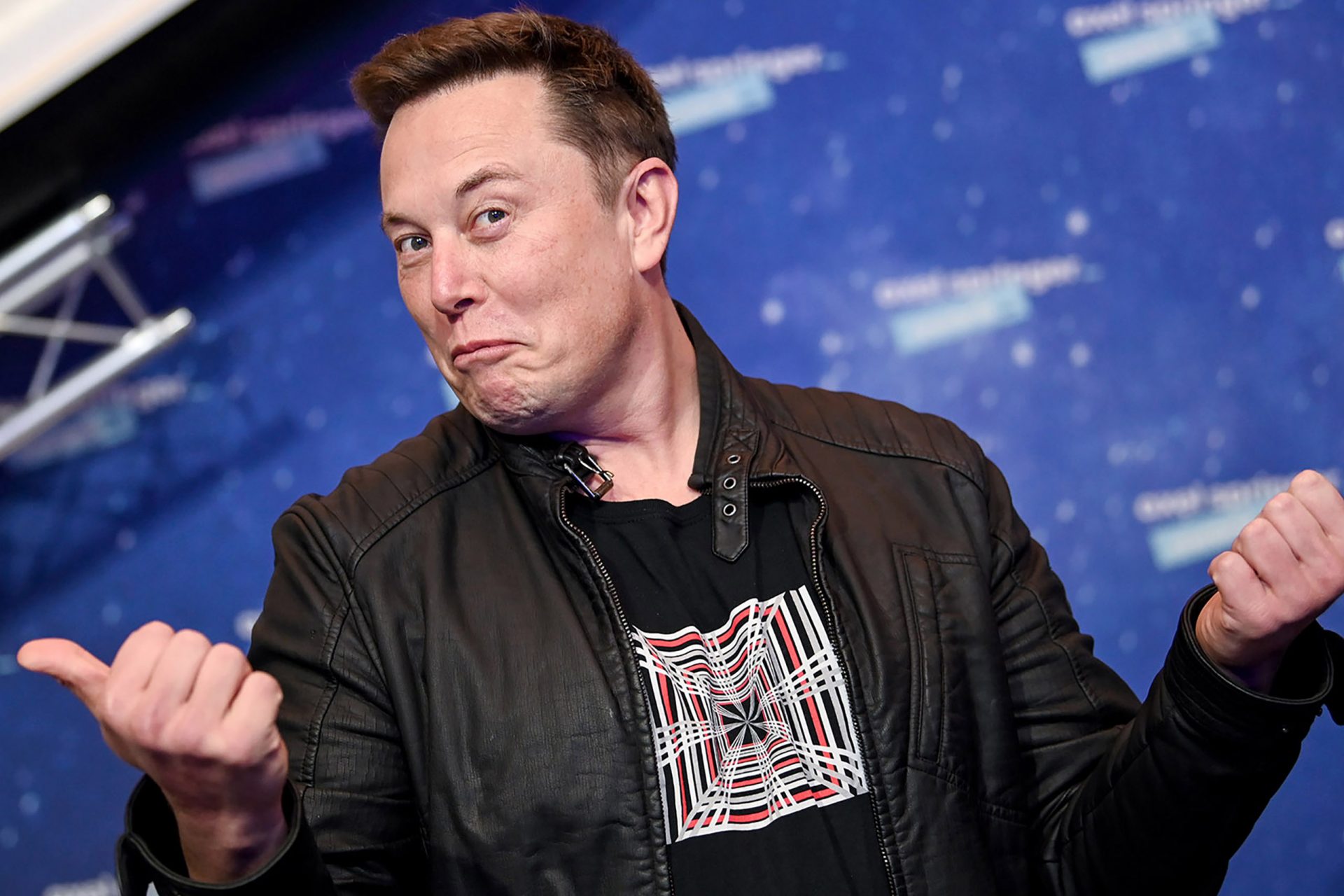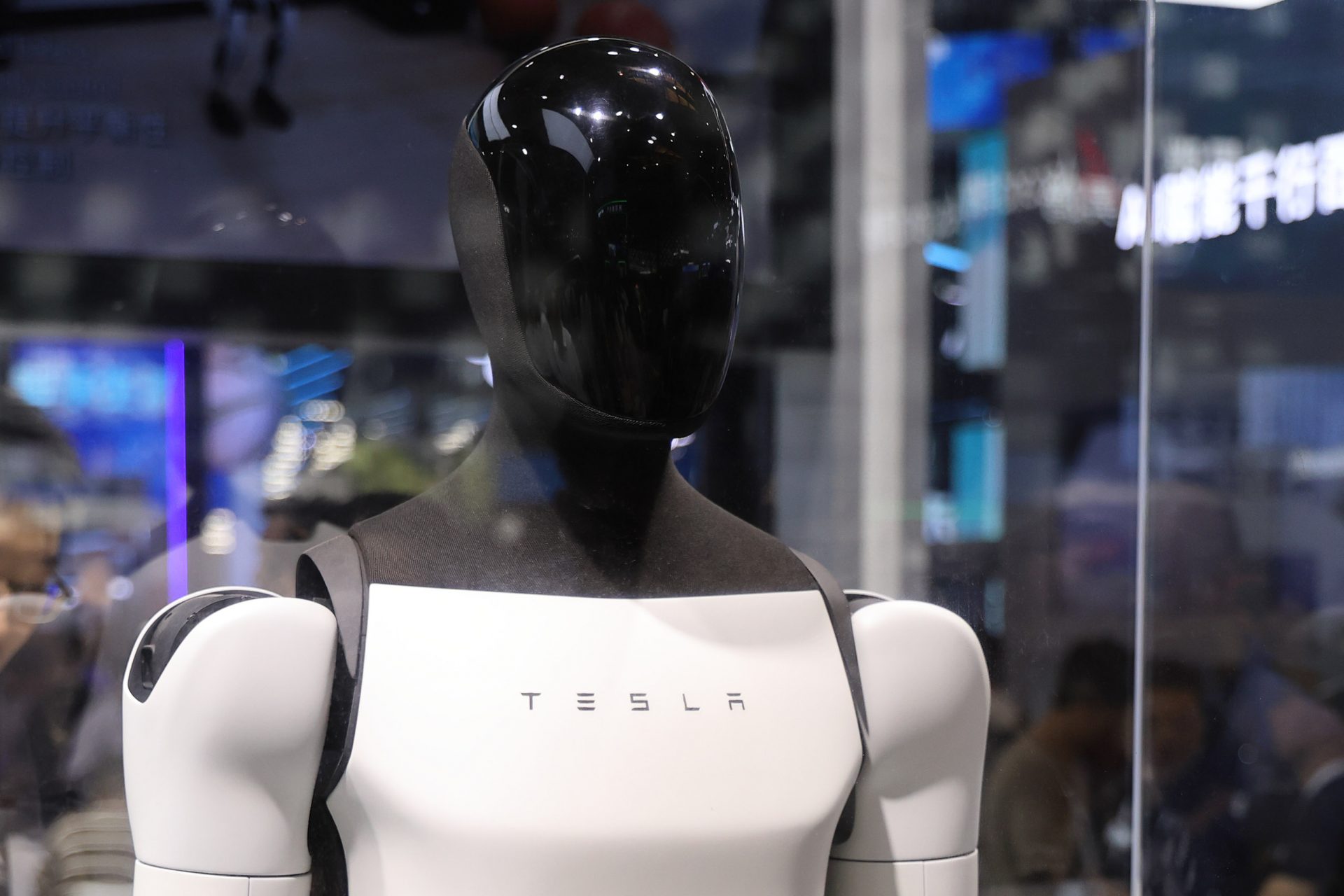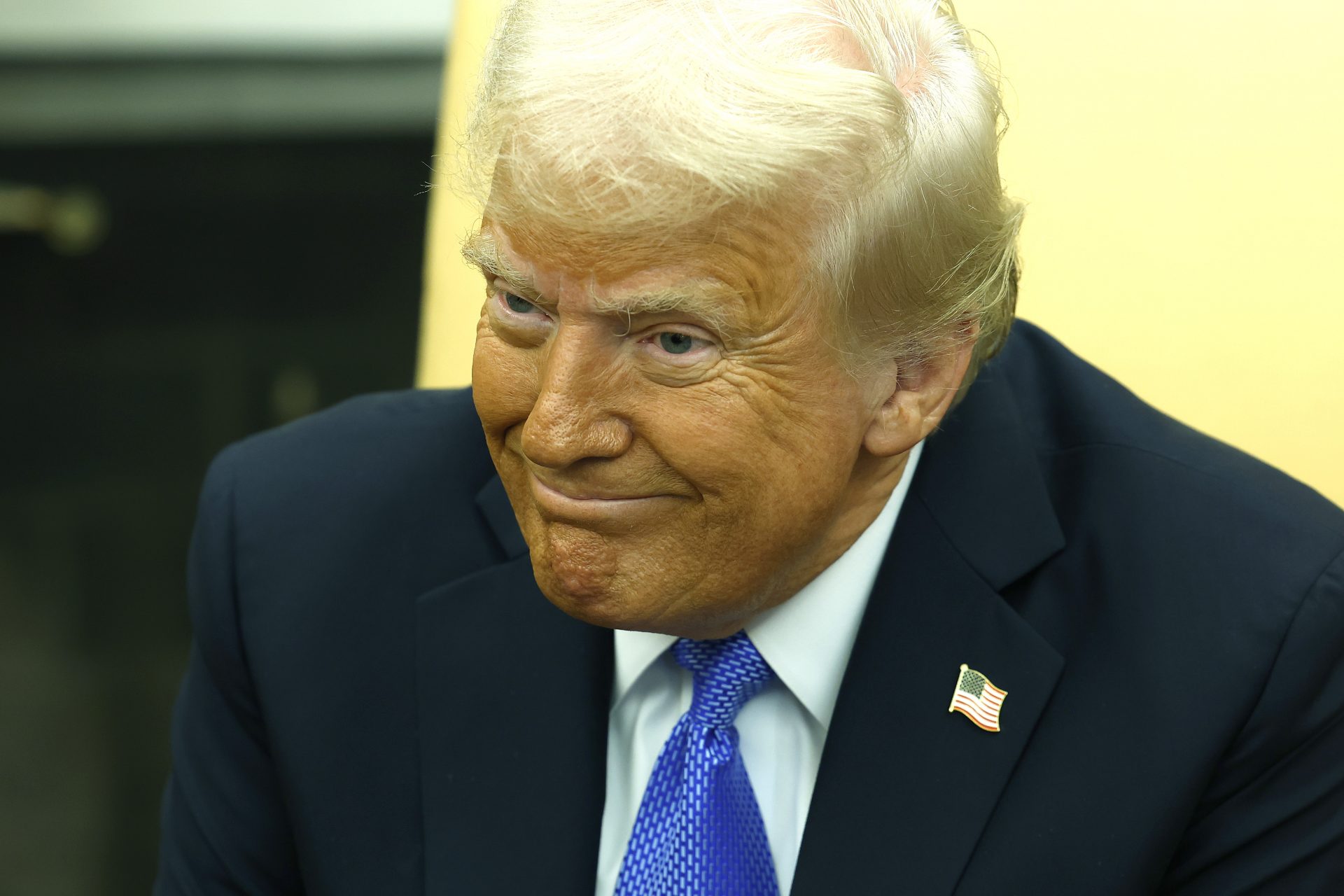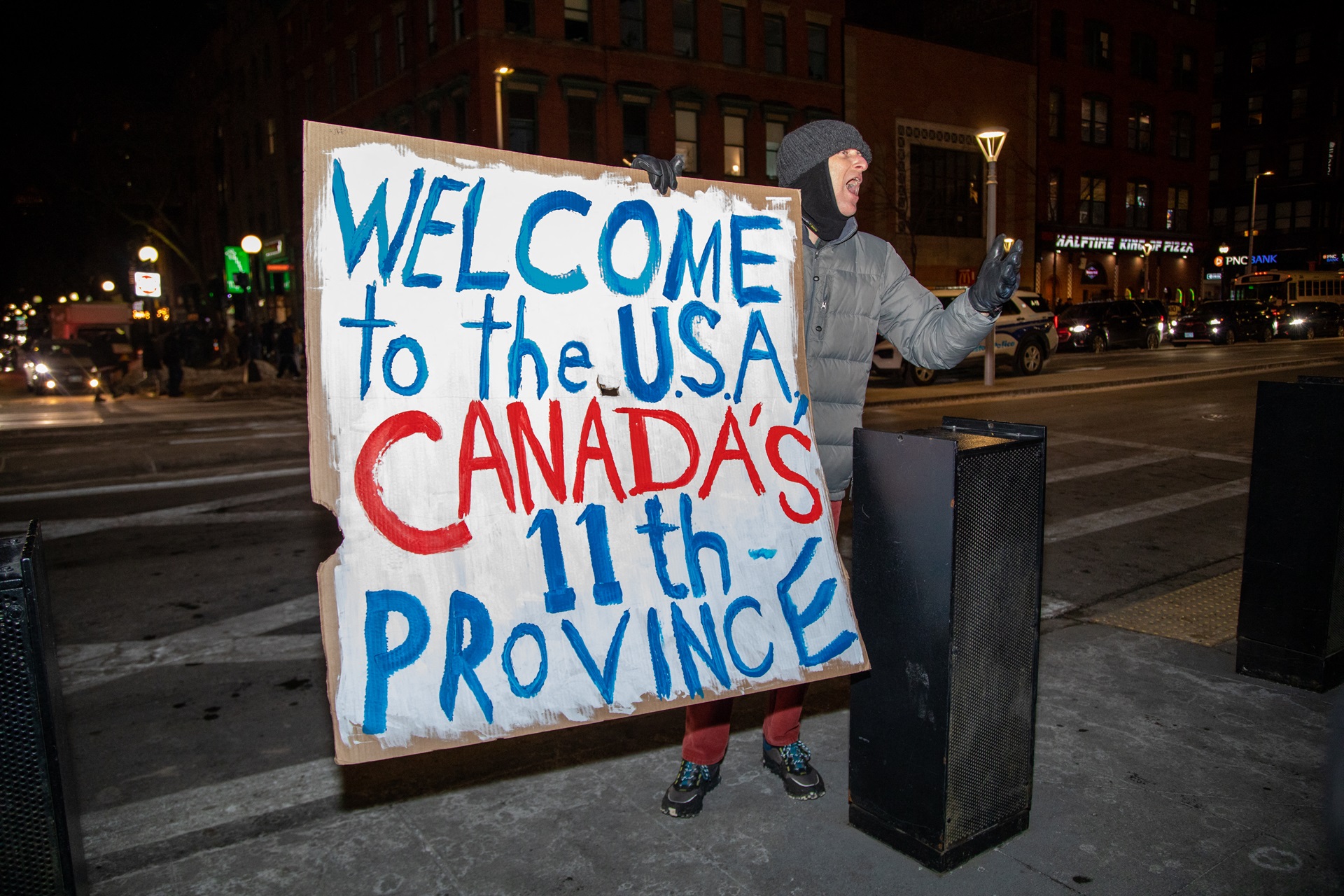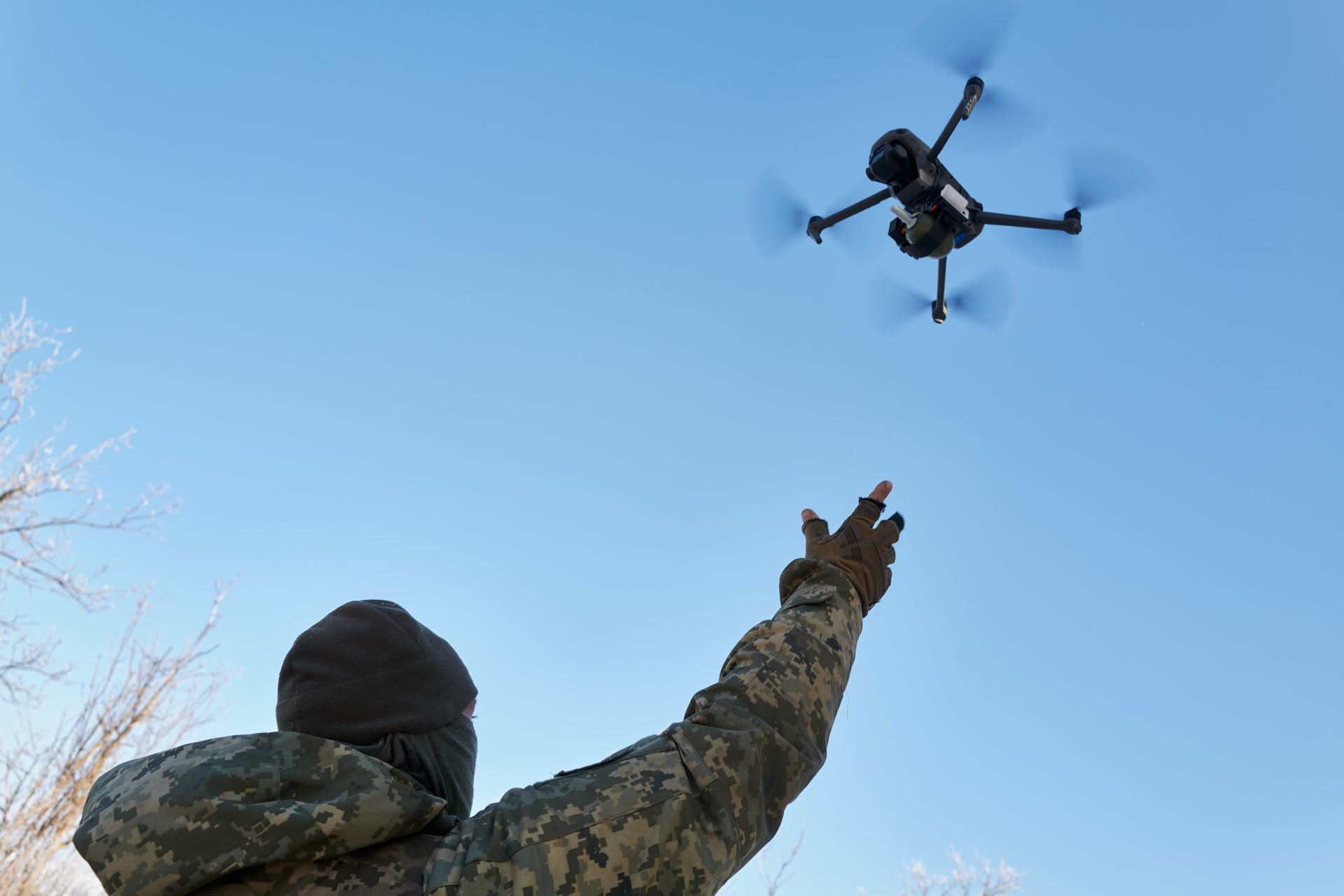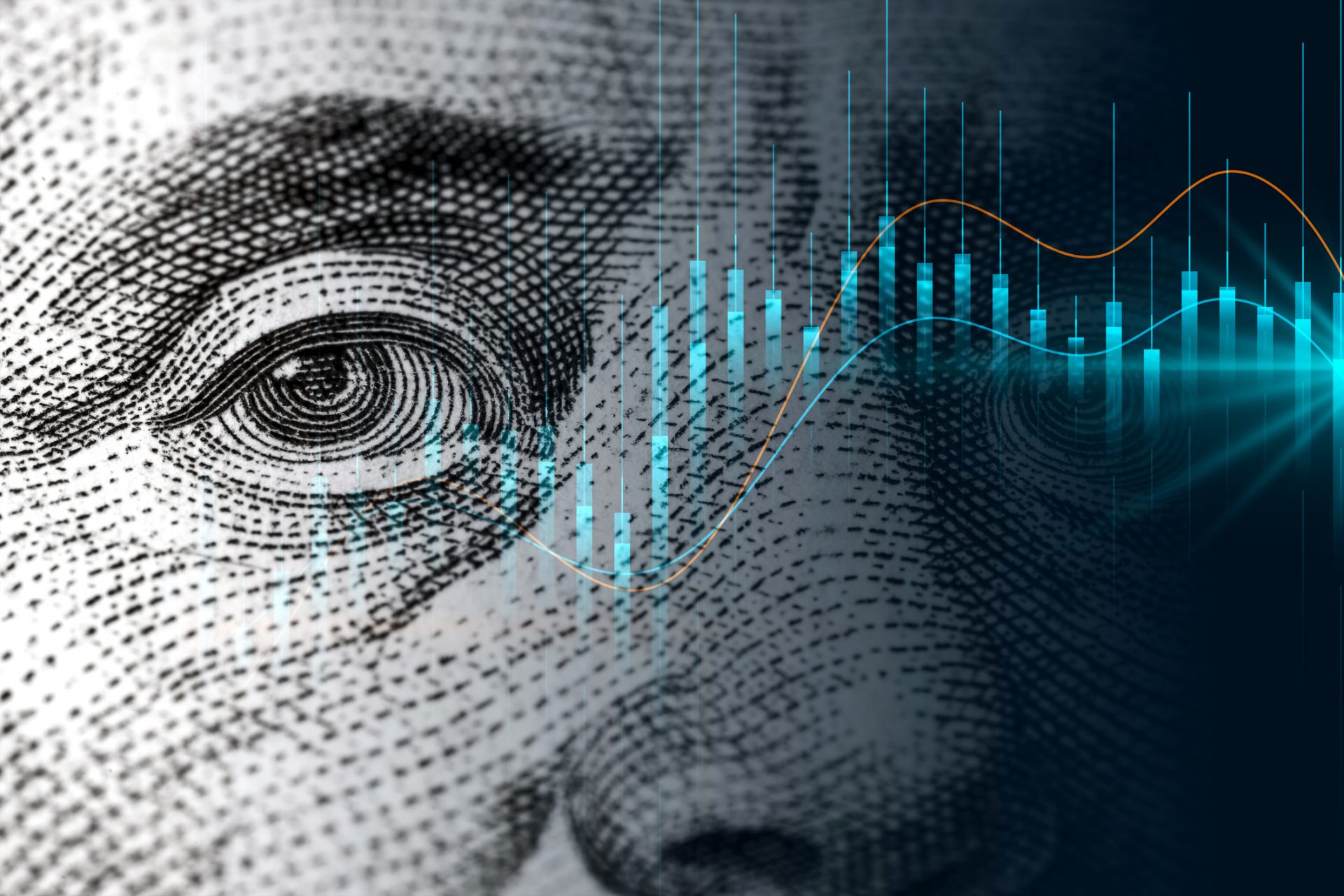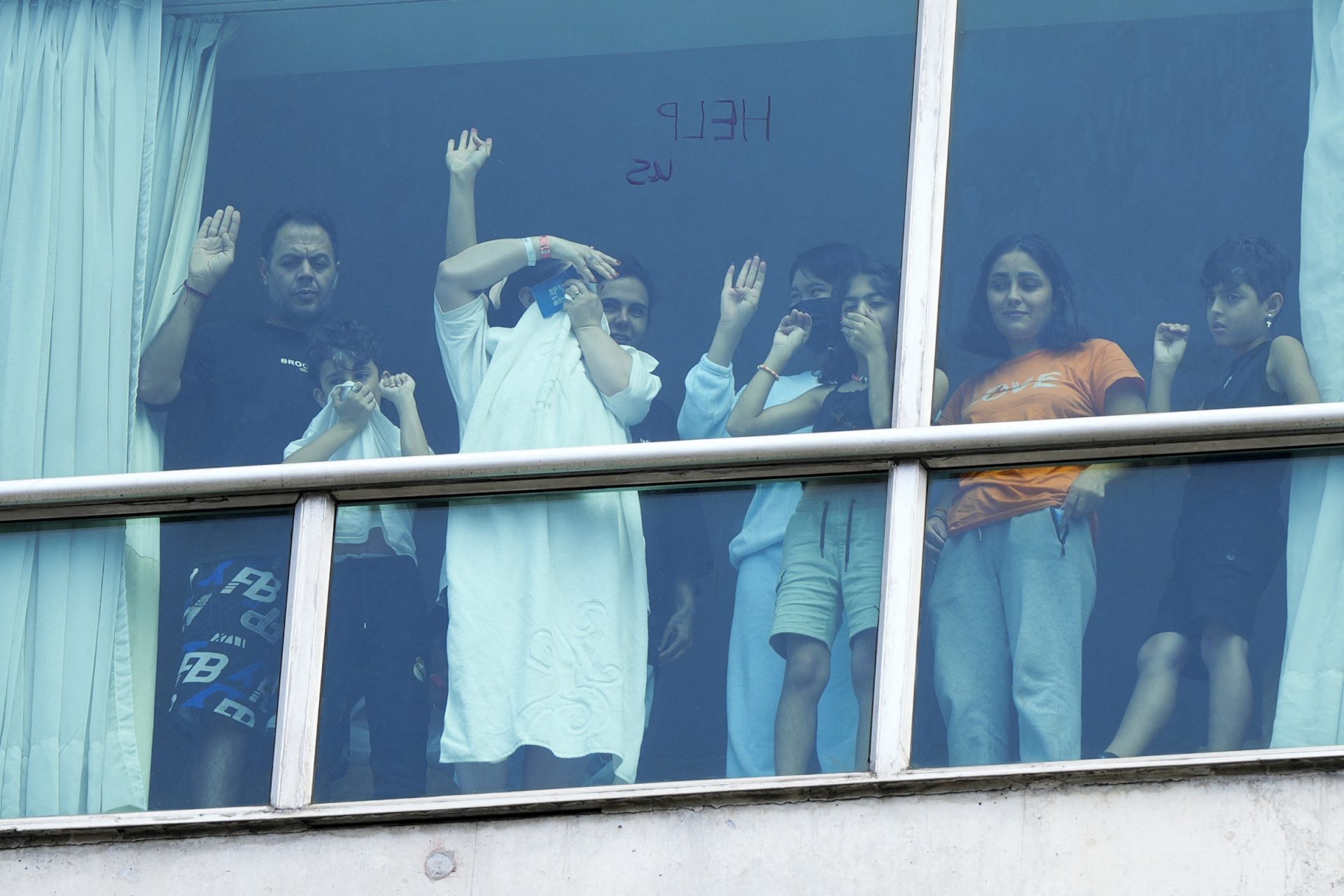Elon Musk's humanoid robots aren't all he promised they'd be
Elon Musk wowed the entire world during the presentation of humanoid robots at the 'We, Robot' event. Walking among people, serving them drinks, and even dancing to 90s classics, these -until now- futuristic characters of science fiction, for a moment, turned into reality.
The CEO of Tesla, the company behind Optimus -the name given to this novel robot- has already warned what we can expect from it: "It can be a teacher, take care of your children, walk your dog, mow the lawn, do the shopping, be your friend, or serve you drinks. It will do whatever you can think of."
Image: Tesla Optimus
However, the balloon soon deflated and many voices tempered the enthusiasm around this revolutionary project. Through social media, many direct witnesses of its presentation doubted that these robots worked autonomously as was initially believed.
Among the skeptics was the famous YouTuber Marques Brownlee, who expressed confusion on the social network X after interacting with Optimus: "Either this is the best robotics and LLM demonstration the world has ever seen, or it's almost entirely operated remotely by a human. There's no middle ground," he said.
And that is precisely the theory that most attendees held, that far from operating autonomously, Tesla's robot works remotely thanks to human intervention. This conclusion was reached after interacting with it, receiving evasive and inconsistent answers to their questions.
The reality, as pointed out by the financial media Bloomberg, is that current major challenges in robotics still include tasks such as walking, manipulating objects, and maintaining fluent conversations with people, which further fuels doubts about Elon Musk's Optimus.
The portal The Verge spoke with one of Tesla's engineers who attended the event -where Cybercab robotaxis and Robovan autonomous minibuses were also presented- who confirmed that most of the robots' movements were controlled and supervised by humans.
The deception by Tesla, which was not reported at any point, has elicited reactions from investors such as Morgan Stanley, where analyst Adam Jones expressed his disappointment on CNBC, lamenting that Optimus did not represent a "significant progress" in the world of robotics. "Is that all?" he said to the media.
This is a fundamental aspect, as, according to various Wall Street analysts disappointed with all the information revealed, the impact on Optimus's market largely depends on its autonomy and the lack of need for human intervention, which, if present, would greatly limit its appeal.
In an article published on Bloomberg, the happenings at the Tesla event were also highlighted, noting that the possibilities of "remote control" of the robots could range from total manipulation by humans to assistance in specific functions, although it was clear that it all remained "a mystery".
Despite everything, Optimus remains a firm and important bet by Elon Musk who, at Tesla's shareholder meeting held in July 2024, assured that, just with the business of humanoids, the company could reach a profit of a trillion dollars annually, as reported by CNBC.
In that sense, he made his own calculations, ensuring that around 1.000 million robots would be sold per year at a market price of between 20,000 and 30,000 dollars. These figures, for now, depend on whether they can perform the functions that Musk himself described with his own words during the event.
For now, Tesla's great advance in this respect has remained a crude deception that few have believed, although there is confidence that the real Optimus -with all that Musk has advanced- can one day stop being fiction to become reality.
More for you
Top Stories



